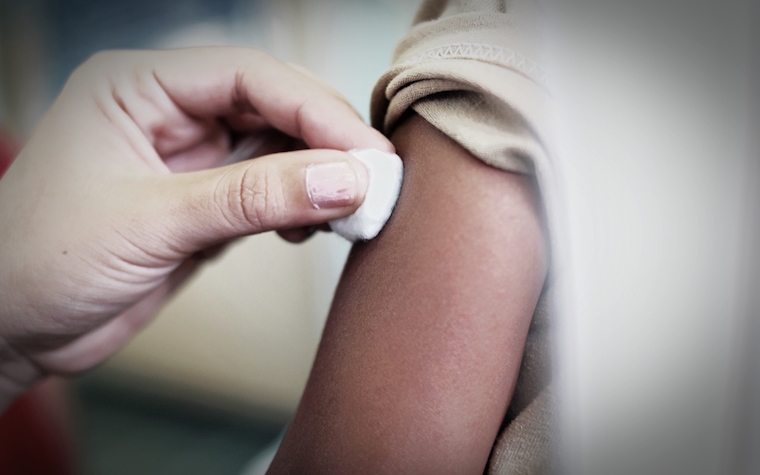
Scientists recently received funds from the National Institutes of Health (NIH) to monitor the coaches, athletes and staff of the U.S. Olympic Committee (USOC) at the 2016 Summer Olympics and Paralympics in Brazil, as they have higher chances of contracting the Zika virus while abroad.
The project seeks to enroll a minimum of 1,000 women and men as part of a review of NIH research projects for Zika.
Researchers want to better understand how the Zika virus continues to develop in the body. They also want to detect possible variables that affect the infection’s course and development.
“Zika virus infection poses many unknown risks, especially to those of reproductive age,” Dr. Catherine Spong, acting director of the NIH’s Eunice Kennedy Shriver National Institute of Child Health and Human Development (NICHD), said. “Monitoring the health and reproductive outcomes of members of the U.S. Olympic team offers a unique opportunity to answer important questions and help address an ongoing public health emergency.”
Dr. Carrie Byington, from the University of Utah, is the chair of the Infectious Disease Advisory Group (IDAH). She will help the U.S. Olympic team prepare for the trip to Brazil.
“We partnered with the USOC to improve knowledge of the dynamics of Zika infection, so that we can better protect the health of athletes and staff who will participate in the 2016 games,” Byington said. “This ongoing relationship also opens avenues for long-term research that promises to benefit not only the Americas, but also other regions facing the emergence of the virus.”